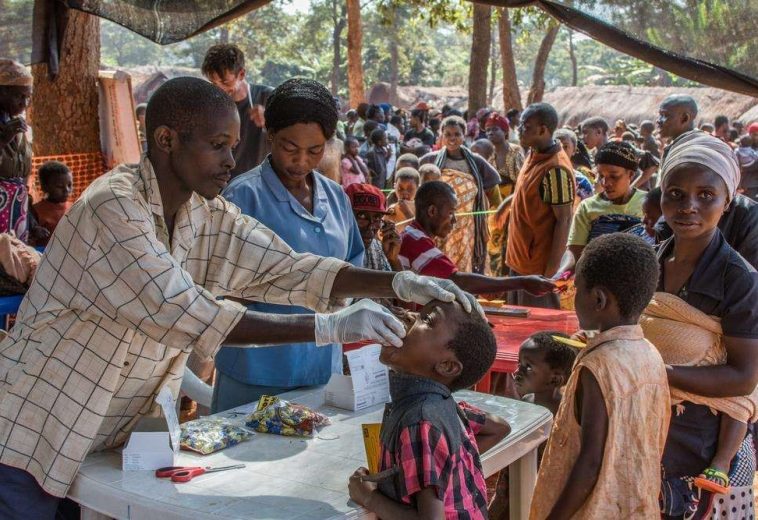The concept of affirmative action in Africa has its roots in the early post-independence era, where the need to redress colonial legacies of inequality became apparent. However, it was not until the late 20th century that a more structured approach began to take shape. A significant milestone in this development was the adoption of the 1995 Beijing Platform for Action at the Fourth World Conference on Women. This declaration called for the implementation of affirmative action policies to ensure women’s equal access to and full participation in power structures and decision-making processes.
In 2003, the African Union (AU) took a major step forward by adopting the Protocol to the African Charter on Human and Peoples Rights on the Rights of Women in Africa, commonly referred to as the Maputo Protocol. This protocol explicitly demands the promotion of gender equality and the implementation of affirmative action measures to eliminate discrimination against women and ensure their meaningful participation in political and public life.
Heterogeneity of Implementation
Rwanda, under the leadership of President Paul Kagame, reflects the effective implementation of affirmative action policies in Africa. The Rwandan constitution mandates that at least 30% of parliamentary seats be reserved for women, a provision that has yielded impressive results. To date, Rwanda has consistently boasted one of the highest percentages of female parliamentarians globally, with women holding an unprecedented 61.3% of the seats in the lower house as of 2023.
In South Africa, the constitution adopted in 1996 includes provisions for affirmative action to address historical injustices. The Employment Equity Act of 1998 has further enforced these provisions, fostering a more inclusive work environment. Politically, South Africa has made significant strides in female representation, with women occupying 46% of the National Assembly seats as of 2023.
Kenya’s 2010 constitution introduced the innovative “two-thirds gender rule,” which stipulates that no more than two-thirds of any elective or appointive body can consist of members of the same gender. Although the implementation of this rule has faced challenges, it has led to increased female representation in parliament and other public offices.
Uganda’s constitution guarantees affirmative action for marginalized groups, including women. The country reserves specific parliamentary seats for women and other marginalized groups, resulting in a notable 34.9% representation by women in parliament as of 2023.
Senegal’s Gender Parity Law, enacted in 2010, mandates gender parity in candidate lists for elective positions. This legislation has significantly boosted women’s representation in parliament, with women holding an impressive 43% of the seats as of 2023.
The journey of affirmative action in Africa has been marked by significant milestones and progressive policies aimed at redressing historical injustices and promoting gender inclusivity. As Africa moves forward, it is crucial to build on these successes and address the remaining barriers to achieving true social justice.


